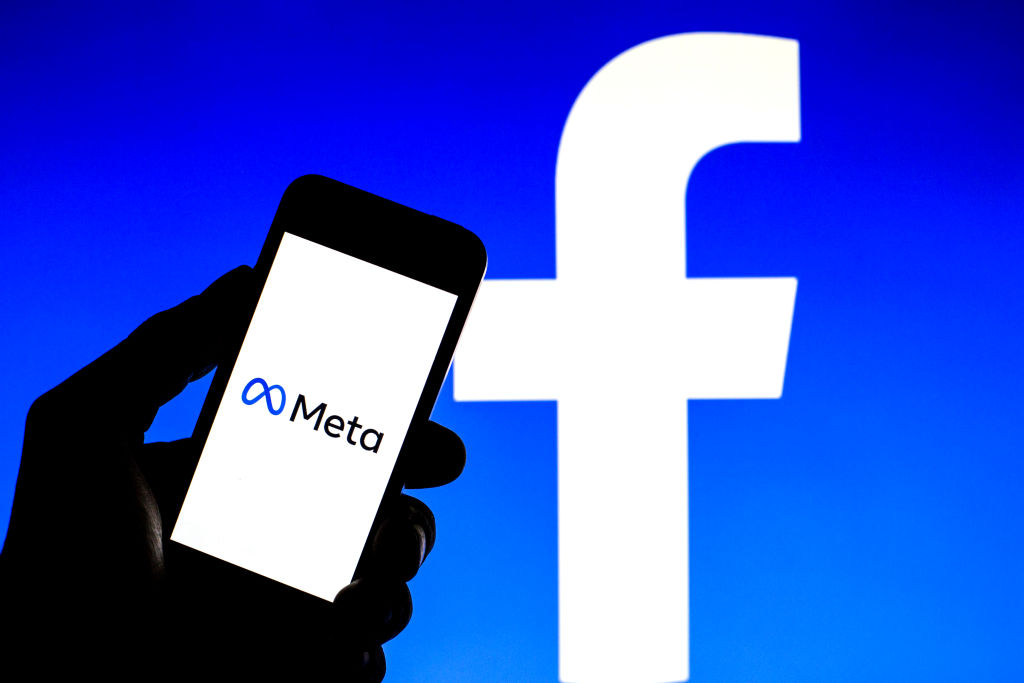Facebook boosts security after worm steals logins
The social network claims the Ramnit-acquired data is out-of-date, but still improves security and takes remedial steps.


Facebook has pledged to improve security after login information was purportedly stolen by a nasty piece of malware.
Researchers from Seculert claimed over 45,000 Facebook logins had been acquired by cyber criminals running the Ramnit worm.
Most of the logins were of users from the UK and France, Seculert said.
Thus far, we have not seen the virus propagating on Facebook itself.
Ramnit, previously believed to be a largely financially-focused malware family, is believed to have infected around 800,000 machines between September and December 2011.
"Our research lab identified a completely new 'financial' Ramnit variant aimed at stealing Facebook login credentials," a blog from Seculert read.
"We suspect that the attackers behind Ramnit are using the stolen credentials to log-in to victims' Facebook accounts and to transmit malicious links to their friends, thereby magnifying the malware's spread even further. In addition, cyber criminals are taking advantage of the fact that users tend to use the same password in various web-based services (Facebook, Gmail, Corporate SSL VPN, Outlook Web Access, etc.) to gain remote access to corporate networks."
Get the ITPro daily newsletter
Sign up today and you will receive a free copy of our Future Focus 2025 report - the leading guidance on AI, cybersecurity and other IT challenges as per 700+ senior executives
Having received the data from Seculert, Facebook said the majority of it was "out-of-date." Nevertheless, it has taken steps to alert affected users and improve security on the site.
"We have initiated remedial steps for all affected users to ensure the security of their accounts. Thus far, we have not seen the virus propagating on Facebook itself, but have begun working with our external partners to add protections to our anti-virus systems to help users secure their devices," a spokesperson told IT Pro.
"People can protect themselves by never clicking on strange links and reporting any suspicious activity they encounter on Facebook. We encourage our users to become fans of the Facebook Security Page (www.facebook.com/security) for additional security information."
Facebook has been quick to rebuff security scares before. In October last year, reports suggested a group calling themselves Team Swastika had stolen 10,000 account logins.
The social network quickly noted the details did not relate to any active accounts.
Later that month, Facebook rejected claims 600,000 accounts were being compromised every day.
Tom Brewster is currently an associate editor at Forbes and an award-winning journalist who covers cyber security, surveillance, and privacy. Starting his career at ITPro as a staff writer and working up to a senior staff writer role, Tom has been covering the tech industry for more than ten years and is considered one of the leading journalists in his specialism.
He is a proud alum of the University of Sheffield where he secured an undergraduate degree in English Literature before undertaking a certification from General Assembly in web development.
-
 Cleo attack victim list grows as Hertz confirms customer data stolen
Cleo attack victim list grows as Hertz confirms customer data stolenNews Hertz has confirmed it suffered a data breach as a result of the Cleo zero-day vulnerability in late 2024, with the car rental giant warning that customer data was stolen.
By Ross Kelly
-
 Lateral moves in tech: Why leaders should support employee mobility
Lateral moves in tech: Why leaders should support employee mobilityIn-depth Encouraging staff to switch roles can have long-term benefits for skills in the tech sector
By Keri Allan
-
 Latest Meta GDPR fine brings 12-month total to more than €1 billion
Latest Meta GDPR fine brings 12-month total to more than €1 billionNews Meta was issued with two hefty GDPR fines for “forcing” users to consent to data processing
By Ross Kelly
-
 "Unacceptable" data scraping lands Meta a £228m data protection fine
"Unacceptable" data scraping lands Meta a £228m data protection fineNews The much-awaited decision follows the scraping of half a billion users' data and received unanimous approval from EU regulators
By Rory Bathgate
-
 Meta notifies around 1 million Facebook users of potential compromise through malicious apps
Meta notifies around 1 million Facebook users of potential compromise through malicious appsNews The vast majority of apps targeting iOS users appeared to be genuine apps for managing business functions such as advertising and analytics
By Connor Jones
-
 Facebook business accounts hijacked by infostealer malware campaign
Facebook business accounts hijacked by infostealer malware campaignNews Threat actors are using LinkedIn phishing to seize business, ad accounts for financial gain
By Rory Bathgate
-
 Meta begins encrypting Facebook URLs, nullifying tracking countermeasures
Meta begins encrypting Facebook URLs, nullifying tracking countermeasuresNews The move has made URL stripping impossible but will improve analytics
By Rory Bathgate
-
 Meta hit with €17 million fine over multiple GDPR breaches
Meta hit with €17 million fine over multiple GDPR breachesNews The social media giant set aside over €1 billion in November to help it cope with potential fines arising from data protection investigations
By Zach Marzouk
-
 Meta says Apple's iOS privacy changes will cost it $10 billion in 2022
Meta says Apple's iOS privacy changes will cost it $10 billion in 2022News The company's CFO suggests Google "faces a different set of restrictions" because it pays Apple to remain the default iOS search engine
By Bobby Hellard
-
 Google, Facebook fined €210 million for making it difficult for users to reject cookies
Google, Facebook fined €210 million for making it difficult for users to reject cookiesNews Data regulator CNIL gives companies three months to provide a system for refusing cookies that is as easy as single click consent
By Zach Marzouk